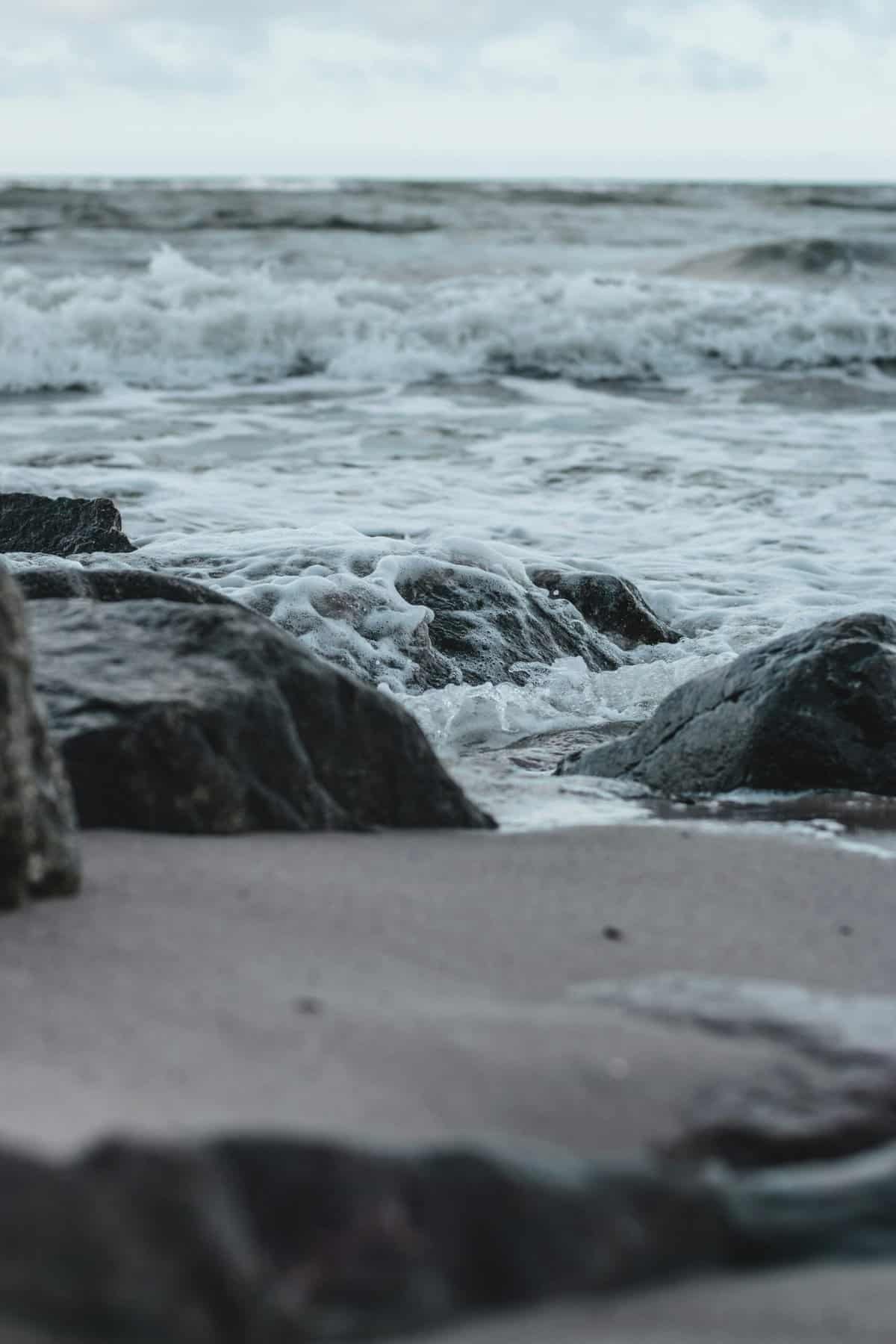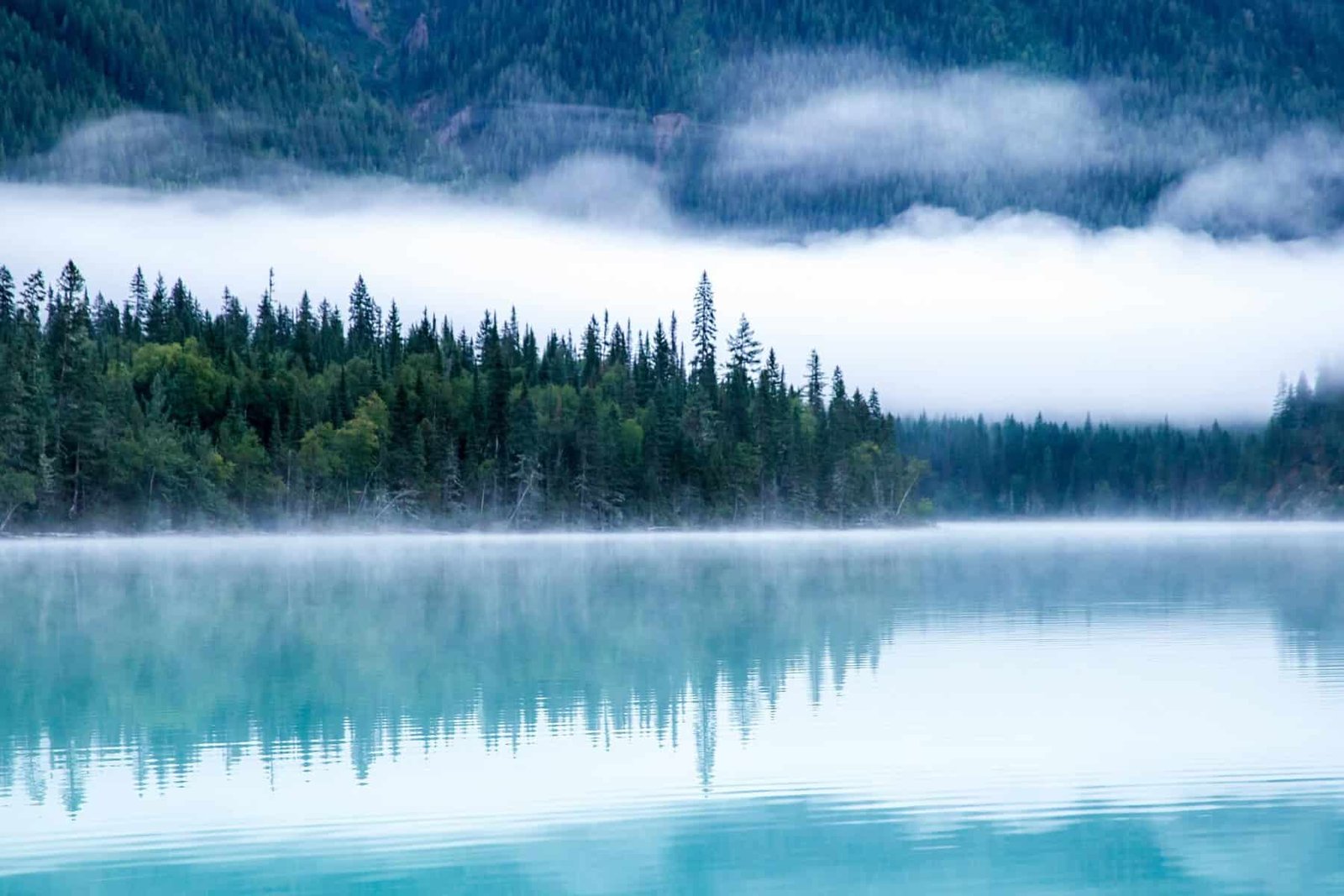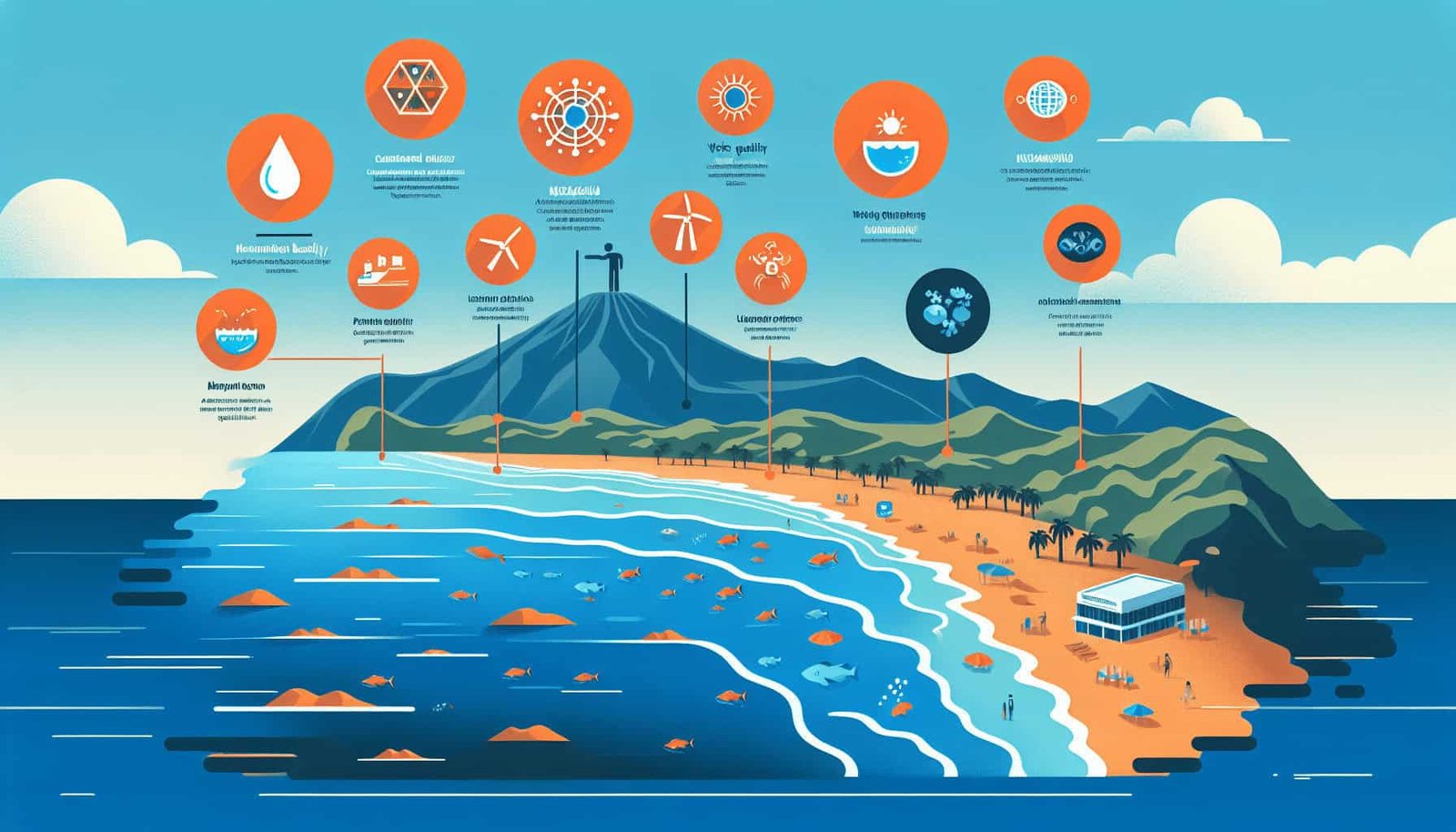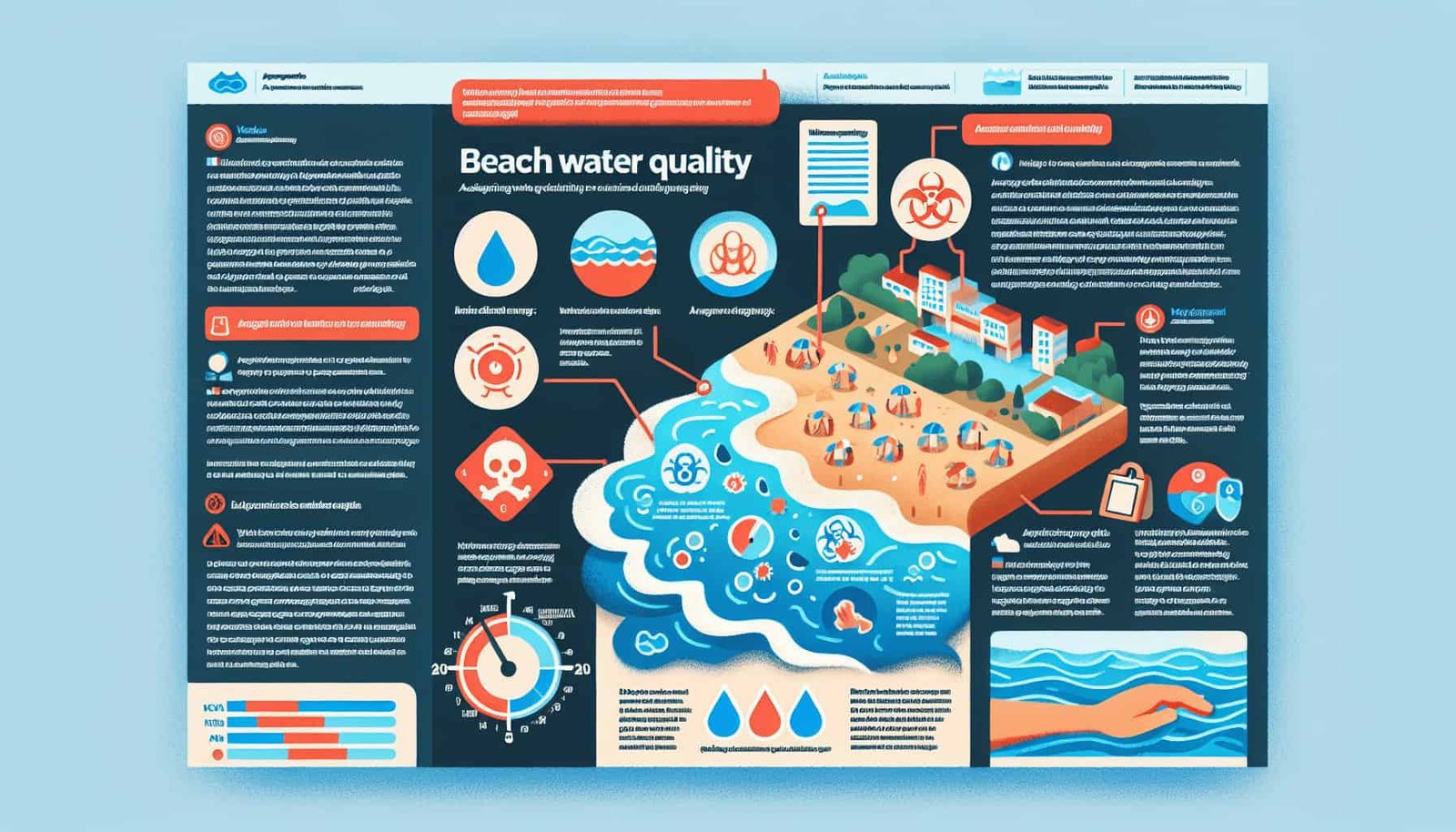If you’re planning a trip to Nicaragua and looking forward to basking in the sun on its beautiful beaches, it’s only natural to wonder about the water quality and cleanliness. After all, nobody wants to inadvertently swim in polluted waters. Fortunately, accessing information on the water quality and cleanliness at Nicaraguan beaches is easier than you might think. From online resources to local authorities, there are various ways to ensure that your beach experience is both delightful and safe. In this article, we will explore some of the best methods for obtaining this vital information, allowing you to make the most informed choices for your beach destination in Nicaragua.

Government Websites
Ministry of Health
The Ministry of Health is a reliable source for accessing information on water quality and cleanliness at Nicaraguan beaches. They have a dedicated section on their website that provides updates on the current water quality levels at various beaches across the country. This information is regularly monitored and updated to ensure accurate and up-to-date data. By visiting the Ministry of Health’s website, you can easily access this information and make informed decisions about which beaches to visit.
Ministry of Environment and Natural Resources
The Ministry of Environment and Natural Resources is another government agency that provides valuable information on water quality and cleanliness at Nicaraguan beaches. They prioritize the conservation and protection of the environment, including the coastal areas and beaches. Their website offers comprehensive data on the environmental conditions, including water quality indicators, which can help you assess the cleanliness and safety of the beaches you plan to visit. Regular monitoring and reporting ensure that the information provided is reliable and trustworthy.
Local Environmental Organizations
Fundacion del Rio
Fundacion del Rio is a well-established local environmental organization that focuses on preserving the natural resources, including water bodies and beaches, in Nicaragua. They conduct research, advocacy, and educational programs to promote sustainable practices and raise awareness about the importance of maintaining clean and healthy beaches. This organization works closely with local communities, government agencies, and other stakeholders to ensure the protection of water quality and cleanliness at Nicaraguan beaches. Their website provides valuable resources and information on beach cleanliness and related environmental issues.
Fundacion del Nino
Fundacion del Nino is a non-profit organization dedicated to improving the lives of Nicaraguan children, including their access to clean and safe environments. They recognize the significance of water quality and cleanliness in promoting children’s health and well-being. While their primary focus is on child welfare, their efforts indirectly contribute to maintaining the cleanliness of beaches and ensuring a healthy environment for recreational activities. By visiting their website, you can access information on their initiatives and programs that indirectly contribute to enhancing the water quality at Nicaraguan beaches.
APAN
APAN (Association for the Protection of Nature) is a local environmental organization actively involved in preserving the natural resources and promoting sustainable practices in Nicaragua. They work towards protecting and improving the water quality and cleanliness of beaches, rivers, and other water bodies. APAN’s website offers valuable information on environmental conservation and provides updates on ongoing projects and initiatives aimed at improving water quality. By staying informed about their work, you can gain insights into the efforts made to ensure clean and healthy beaches in Nicaragua.
ANEJOS
ANEJOS (Association for Protection and Development) is a local organization focused on the protection and development of Nicaraguan coastal areas, including beaches. They strive to maintain the cleanliness and natural beauty of the beaches, while also promoting sustainable tourism. ANEJOS collaborates with various stakeholders, including local communities, to implement beach cleaning campaigns and raise awareness about environmental conservation. Their website provides relevant information on ongoing projects, events, and resources related to beach cleanliness and initiatives for sustainable beach tourism.
Research Institutes
Center for Scientific Research and Higher Education of Ensenada (CICESE)
CICESE is a renowned research institute that conducts scientific studies and research on a wide range of topics, including coastal and marine environments. Their expertise and ongoing research projects contribute to the understanding of water quality and cleanliness at Nicaraguan beaches. Through their research publications and reports, you can access valuable information on the factors affecting beach water quality, the impact of human activities, and potential solutions for maintaining clean and safe beaches.
Nicaraguan Institute of Territorial Studies (INETER)
The Nicaraguan Institute of Territorial Studies (INETER) is a governmental research institute that focuses on studying and monitoring the natural resources, including the coastal areas, in Nicaragua. INETER gathers data and conducts comprehensive analyses to assess the quality of water bodies, including the beaches. By accessing their reports and publications, you can gain insights into the factors influencing water quality and cleanliness at Nicaraguan beaches. INETER’s research findings contribute to the development of strategies for improving and maintaining the cleanliness of beaches across the country.
Universidad Nacional Autonoma de Nicaragua (UNAN)
The Universidad Nacional Autonoma de Nicaragua (UNAN) is a prominent educational institution that also engages in research activities related to environmental sciences and sustainability. Researchers and experts from UNAN conduct studies on water quality, pollution, and coastal ecosystems, which directly impact the cleanliness and safety of Nicaraguan beaches. By exploring their research publications and accessing their resources, you can obtain valuable information on the current state of water quality at different beaches and the potential environmental challenges they face.
Non-Governmental Organizations (NGOs)
WaterAid
WaterAid is an international NGO that works to improve access to clean water, sanitation, and hygiene worldwide. Although they primarily focus on addressing water issues in developing countries, their research and initiatives indirectly contribute to raising awareness about water quality and cleanliness at beaches. Through their website, you can access reports and publications that shed light on the importance of clean water and sanitation, both globally and at local levels. While their specific focus may not be on Nicaraguan beaches, their resources provide valuable insights into related topics.
Water for People
Water for People is another international NGO that aims to provide sustainable access to clean water and adequate sanitation in developing countries. While their focus is primarily on community development and infrastructure, their efforts indirectly contribute to water quality and cleanliness at local beaches. By visiting their website, you can learn more about their initiatives and gain a broader understanding of the impact of clean water on various aspects of communities’ lives, including the surrounding coastal areas and beaches.

International Agencies
World Health Organization (WHO)
The World Health Organization (WHO) is a global agency that addresses various health-related issues, including water quality and cleanliness. While their scope extends beyond Nicaragua, WHO provides valuable guidelines and recommendations for assessing and ensuring the safety of water bodies, including beaches. Their website offers comprehensive resources and publications on water quality standards, monitoring techniques, and best practices. By referring to WHO’s guidelines, you can get an international perspective on evaluating water quality and cleanliness, which can be applied to Nicaraguan beaches as well.
United Nations Environment Programme (UNEP)
The United Nations Environment Programme (UNEP) plays a crucial role in addressing environmental issues worldwide. Their work includes the promotion of sustainable practices and the protection of water resources, including beaches. UNEP’s website offers a wide range of resources on water quality, pollution prevention, and environmental conservation. By accessing their publications and reports, you can gain deeper insights into the global efforts made to ensure clean and safe beaches, which can be helpful in understanding the broader context of water quality at Nicaraguan beaches.
Online Databases
Waterkeeper Alliance
The Waterkeeper Alliance is a global network of organizations that focus on protecting and maintaining the water quality of rivers, lakes, and coastal areas. While they do not have specific information or databases dedicated to Nicaraguan beaches, their website offers resources and tools that can enhance your understanding of water quality monitoring and conservation efforts. By exploring their website, you can access information on best practices, water pollution prevention strategies, and success stories from around the world. This knowledge can be applied to supporting the development of clean and safe beaches in Nicaragua.
Global Environment Monitoring System for Water (GEMSWater)
The Global Environment Monitoring System for Water (GEMSWater) is an international program that aims to improve global water quality monitoring and assessment. While GEMSWater does not focus exclusively on Nicaraguan beaches, they provide valuable insights into water quality management and monitoring methodologies. Their website offers information on global water quality trends, monitoring techniques, and regional case studies. By referring to GEMSWater resources, you can gain valuable knowledge on water quality assessment, which can be applied to evaluating the cleanliness of Nicaraguan beaches.

Local Media
Newspapers
Local newspapers play a significant role in disseminating information about the current state of beaches in Nicaragua. They often publish articles and reports on water quality, cleanliness, and any potential issues affecting the beaches. By regularly reading local newspapers, you can stay informed about recent developments, updates, and potentially any warnings or advisories related to specific beaches. Some prominent Nicaraguan newspapers include La Prensa, El Nuevo Diario, and Hoy.
Radio Stations
Local radio stations serve as a valuable source of information, including updates on water quality and cleanliness at Nicaraguan beaches. Radios often feature news segments, weather updates, and community announcements, which may include reports on beach conditions. By tuning in to local radio stations, you can stay updated on any recent changes or issues related to the water quality and cleanliness of Nicaraguan beaches.
Television Channels
Television channels in Nicaragua also provide essential information on water quality and beach cleanliness. News programs and environmental shows often highlight the status of beaches, regulations, and any significant events or activities related to maintaining clean and safe coastal areas. By watching local television channels, you can gather information on the condition of Nicaraguan beaches, upcoming environmental initiatives, and potential risks that may affect beach cleanliness.
Travel Websites and Blogs
TripAdvisor
TripAdvisor is a widely-used travel website that offers user-generated reviews, recommendations, and information on various travel destinations, including beaches. By searching for Nicaraguan beaches on TripAdvisor, you can find reviews from travelers who have visited different beaches in Nicaragua. These reviews often include information on water quality, cleanliness, and overall beach experience. While it is essential to consider multiple reviews and sources, TripAdvisor can provide valuable insights and personal experiences from fellow travelers.
Lonely Planet
Lonely Planet is a reputable travel media company that provides travel guides, advice, and information on destinations worldwide. Their website offers detailed guides on Nicaragua, including information about the country’s beaches. By referring to Lonely Planet’s guides, you can access information on popular beaches, attractions, and local insights. While their focus may not be specifically on water quality and cleanliness, their comprehensive travel guides can provide a holistic understanding of Nicaraguan beaches and their overall appeal.
Nomadic Matt
Nomadic Matt is a popular travel blogger who provides firsthand accounts, tips, and recommendations for various destinations globally. His website features articles and blog posts on Nicaragua, including its beaches. By reading Nomadic Matt’s personal travel experiences and insights, you can gain a unique perspective on the cleanliness, water quality, and overall beach experience in Nicaragua. While it is essential to combine multiple sources for a comprehensive understanding, Nomadic Matt’s blog can offer a more personal touch to your research.

Social Media
Facebook is a widely used social media platform where individuals and organizations share information, updates, and insights. By following relevant pages and groups related to Nicaraguan beaches, you can access real-time updates, announcements, and discussions regarding water quality and cleanliness. Many local tourism boards, environmental organizations, and travel bloggers have Facebook pages where they regularly post about beach conditions, initiatives, and recommendations.
Twitter is a popular platform for sharing concise updates, news, and information. Following relevant Twitter accounts, such as local tourism boards, environmental organizations, and government agencies, can provide you with quick access to updates on water quality, beach cleanliness, and related news. By using hashtags like #NicaraguaBeaches or #WaterQuality, you can discover tweets and threads discussing beach conditions and recommendations.
Instagram is a visual platform where users share photos and videos. Following accounts that focus on Nicaraguan beaches, travel influencers, and local photographers can give you an idea of the water quality and cleanliness through visual representations. Many local tourism boards, environmental organizations, and travel bloggers actively share captivating images of beaches, along with information about their cleanliness efforts and any recent developments.
Local Tourist Information Centers
Nicaragua Tourism Board
The Nicaragua Tourism Board is an official government agency responsible for promoting tourism in the country. They operate several tourist information centers across Nicaragua, including in popular beach destinations. By visiting their centers or accessing their website, you can obtain reliable information on the current state of beaches, water quality reports, and any advisories or warnings that may affect your visit. The staff at the tourist information centers are knowledgeable and can provide you with valuable insights and recommendations.
Local Tourist Information Centers
Apart from the Nicaragua Tourism Board, there are numerous local tourist information centers located in specific beach towns and regions. These centers are usually operated by local authorities or tourism associations. They offer information on local attractions, accommodations, and beach conditions. By visiting these centers or reaching out to them through phone or email, you can gather specific information on water quality, beach cleanliness, and any recent updates or events happening in the respective area. The staff at these centers are familiar with the local conditions and can provide personalized recommendations and guidance.
In conclusion, there are various reliable sources, including government websites, local environmental organizations, research institutes, NGOs, international agencies, online databases, media outlets, travel websites and blogs, social media platforms, and local tourist information centers, that can help you access information on water quality and cleanliness at Nicaraguan beaches. By utilizing these sources, you can make informed decisions and ensure a safe and enjoyable beach experience in Nicaragua.
